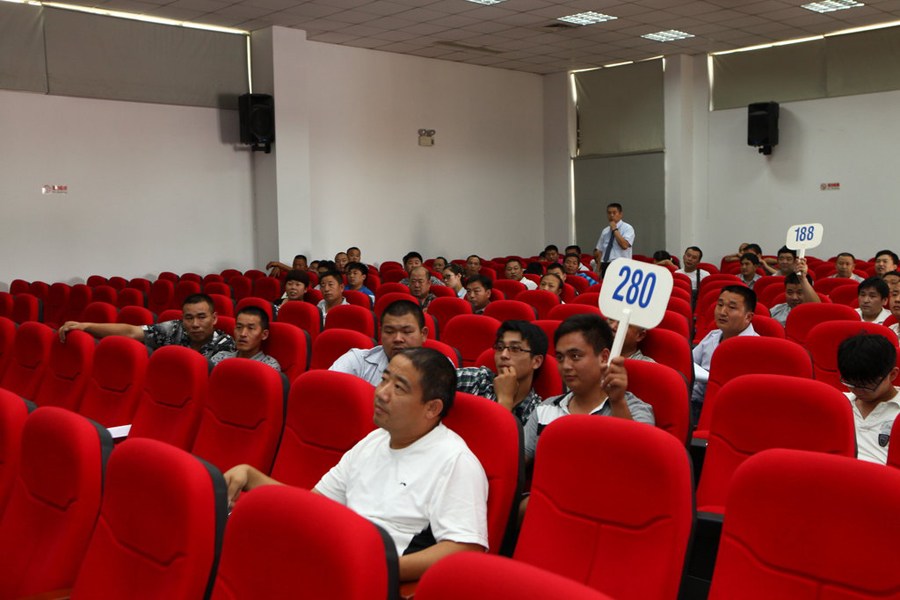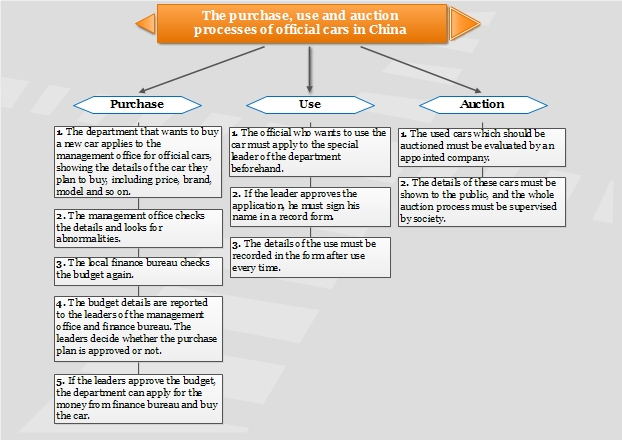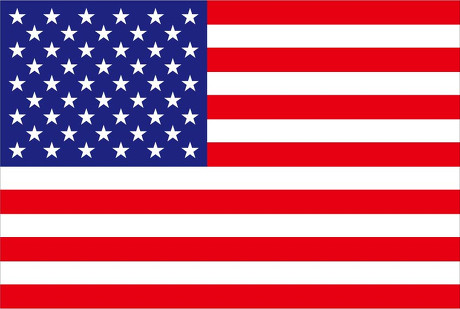HOME >>
Bargain govt car auctions prompt graft accusations
Source:Globaltimes.cn Published: 2012-7-17 19:12:00
| Latest News |
 |
Bargain govt car auctions prompt graft accusations A recent auction of government cars in Central China's Henan Province has fueled heated controversy after they were sold at extremely low prices, prompting experts to call for transparency to prevent the loss of state assets. |
●A total of 43 used government cars were auctioned in Zhongmou county, Zhengzhou, at an average price of around 9,000 yuan ($1,410) on June 30, with some sold for less than the appraised prices.
●The auction's appraiser and auctioneer turned out to be the same person, while auction law requires their duties to be conducted by separate people to guarantee the fairness of the process.
●To quell public outrage, the local authorities and the auction house released detailed information on the 43 cars, which were sold at 390,110 yuan in total, including the car plate numbers, models, the appraisal prices and contracted prices.
●Local government explained that the vehicles were sold in low price, as these cars were gas-guzzlers in poor condition.
| View Points |
●Wang Yukai, a professor with the Chinese Academy of Governance:
The auction had contained "misconduct" and said that those in charge should be held responsible if government assets were sold at artificially reduced prices.
●Ye Qing, a National People's Congress deputy:
The Zhongmou government's explanations came too late to assuage public doubts and auctions conducted without transparency could lead to private deals and individuals benefiting from state assets.
●Fancy official cars come cheap
It seemed the auctions could be seen as a political achievement by the local government, but no one was punished. It is more disappointing that nobody paid for the public financial losses resulting from the auctions.
●Reform should put public first
On the face of it, the costs cited by the officials are reasonable. However, do we have to pay such costs no matter how high they are? Obviously not.
●No official cars, no problem
There is no direct link between a government's efficacy and the number of public vehicles it owns. Instead, it's determined by the quality of officials and the effort they poured into serving the public.
●Government waste endangers Party spirit
Government waste has long been a target of public criticism. Although the government has taken measures to promote transparency over spending, the public seemingly remains unsatisfied.
| Background |

●Government car fleet up for auction
The auction initiative, when launched in Wenzhou, Zhejiang Province, drew public attention when 215 government cars were auctioned on June 24 for about 10.6 million yuan.
| Foreign Experiences |
| How do other countries control the use of official cars? | |
 |
The US government has a complete online system, including GPS, to supervise the purchase, use and repair of every official car. Only the President, Vice President and ministers have the rights to take official cars to work. Officers who use government cars illegally will be suspended from work, or even fired. |
 |
French officials often discuss whether an official car should be auctioned if it is used for more than 10 years. If they decide to buy a new one, they often auction the old cars via a public website, which can ensure the fairness and transparency of the auctions. |
 |
Russian President Vladimir Putin has signed a decree to cut the number of sirens installed by official cars from over 1,000 to 569. The decree, implemented on July 1, specifies the number of cars with sirens allowed to be used by state officials and regional governors. It will improve road safety and halt the inappropriate use of sirens. |
 |
The German government keeps a strict record system for the official cars, which means the details, such as the destination and route, will be recorded whenever they’re used. Official cars are permitted for personal use. However, the officers must pay all the costs. |
 |
The Japanese government strictly restricts the numbers of official cars. For example, the Internal Affairs Ministry only has 52 cars with over 2,000 employees. Some local governments often rent cars from private companies for daily use. In order to improve the usage of the official cars, the government sometimes rents official cars to ordinary people for low prices. |
| Related Reports |
●Gov't car crackdown
●Experts warn of challenges in gov't car regulation
●Govt publishes public expenses
●Government to limit use of cars
●Chinese government ordered to use home-made cars
Posted in: